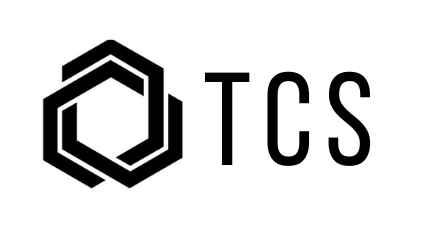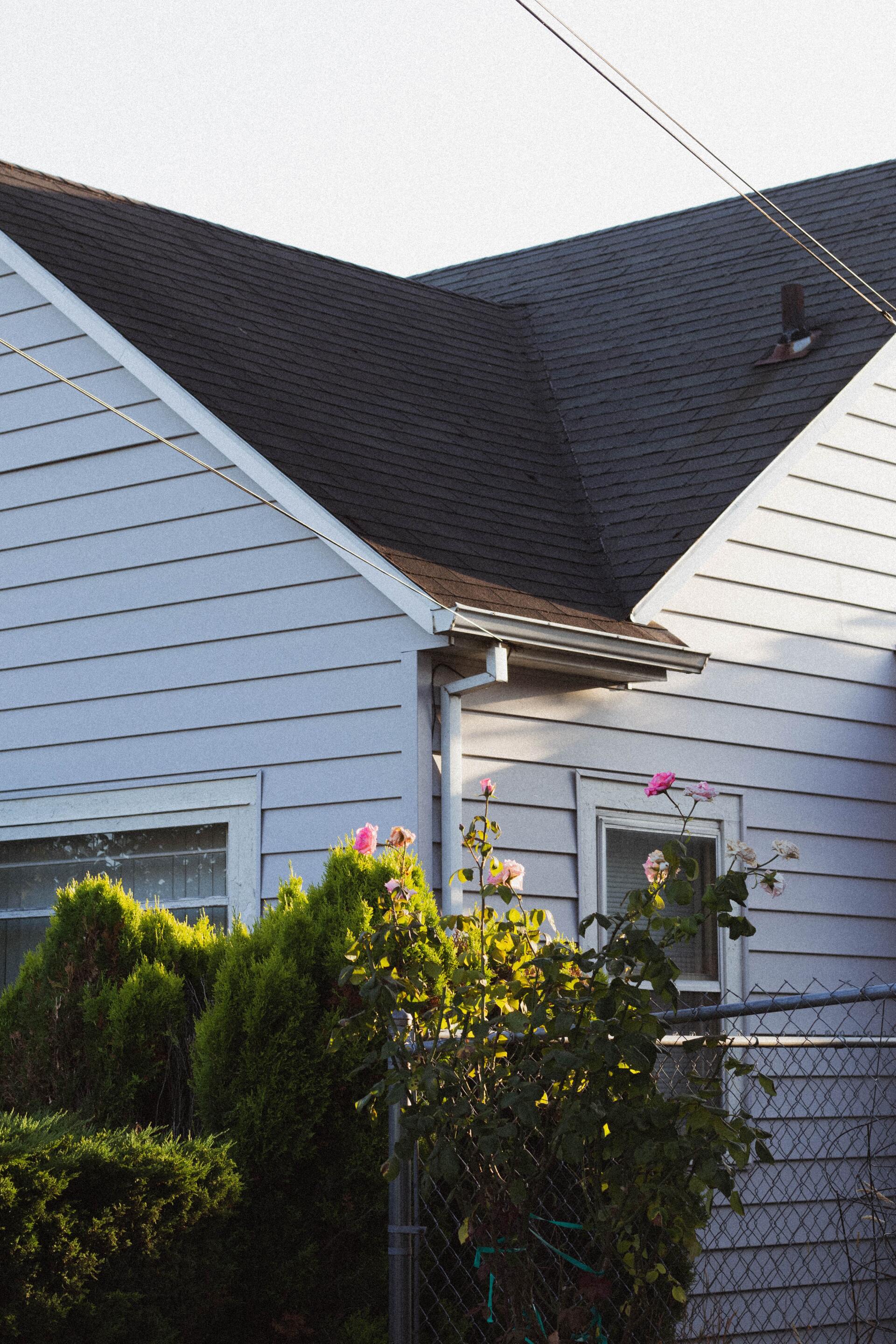AC Installation - Where to Invest and What to Avoid
When it comes to cooling your space efficiently and effectively, choice of air conditioning unit is critical. With various options available, it's essential to understand the key factors that can impact your decision. In this comprehensive analysis, we'll delve into the different air conditioning unit types, their tradeoffs, and the challenges associated with each.
Wall-Mounted Air Conditioning Units
Wall-mounted air conditioning units, often referred to as split systems, are a popular choice for their versatility and ease of installation. These units consist of an indoor evaporator unit and an outdoor condenser unit connected by refrigerant lines.
Key Factors:
- Installation: Wall-mounted units are relatively straightforward to install and are suitable for both residential and commercial spaces.
- Cost: They tend to be more affordable upfront compared to duct-mounted systems.
- Efficiency: Wall-mounted units are energy-efficient, providing on-demand cooling without the need to cool an entire building.
Tradeoffs:
- Aesthetics: While they are less obtrusive than window units, wall-mounted units are still visible indoors.
- Cooling Range: These units are ideal for cooling individual rooms or small spaces but may not be suitable for large areas.
Duct-Mounted Air Conditioning Units
Duct-mounted air conditioning units, often integrated into a central HVAC system, are concealed within the building's ductwork. They offer a comprehensive cooling solution for larger spaces.
Key Factors:
- Aesthetic Appeal: Duct-mounted units are hidden from view, preserving the interior aesthetics.
- Whole-House Cooling: They are capable of cooling an entire building efficiently.
- Zoning: Duct-mounted systems can be zoned to control the temperature in different areas separately.
Tradeoffs:
- Installation Complexity: Installation can be more complex and costly, especially in existing structures without ductwork.
- Maintenance: Regular maintenance is crucial to keep the ductwork clean and prevent air quality issues.
- Initial Cost: The initial investment for duct-mounted systems is typically higher.
Air-Source Heat Pumps
Air-source heat pumps offer both cooling and heating capabilities by transferring heat between the indoor and outdoor environments. They are highly energy-efficient and environmentally friendly.
Key Factors:
- Dual Functionality: Air-source heat pumps provide both cooling in the summer and heating in the winter, making them a year-round solution.
- Energy Efficiency: They are highly efficient and can significantly reduce energy bills.
- Environmentally Friendly: Heat pumps use the ambient air as a heat source, reducing reliance on fossil fuels.
Tradeoffs:
- Climate Dependence: Their efficiency can be affected by extreme cold, making them less suitable for regions with harsh winters.
- Installation Cost: While they can lead to long-term savings, the initial installation cost can be relatively high.
Making the Right Choice
Selecting the right air conditioning unit depends on various factors, including your budget, the size of your space, and your climate. Wall-mounted units are excellent for small to medium spaces and offer cost-effective cooling. Duct-mounted systems are ideal for larger areas and provide comprehensive climate control. Air-source heat pumps are an environmentally conscious choice with year-round functionality.
Before committing to a given route, TCS are happy to provide support with a free consultation to ensure you receive a quote and package that meets all your requirements.
Copyright 2023 All Rights Reserved l Temp Control Solutions Registered in England and Wales 15131360
Web Design in Duda



